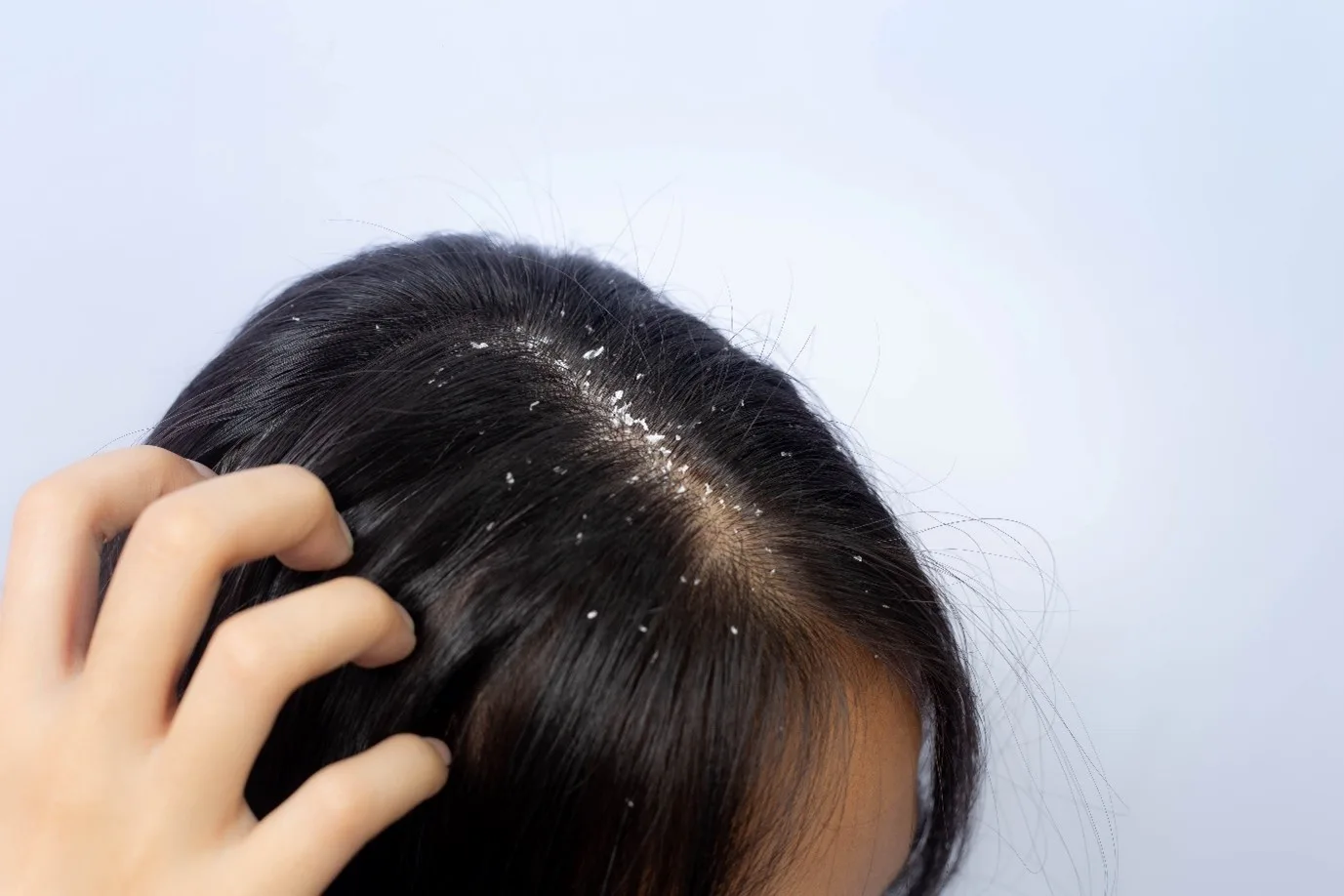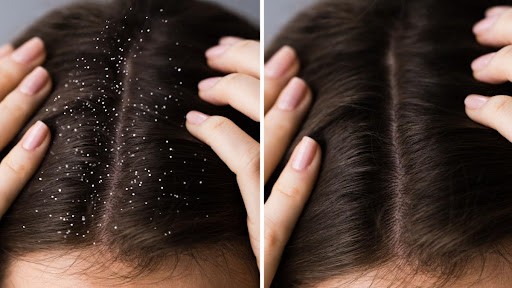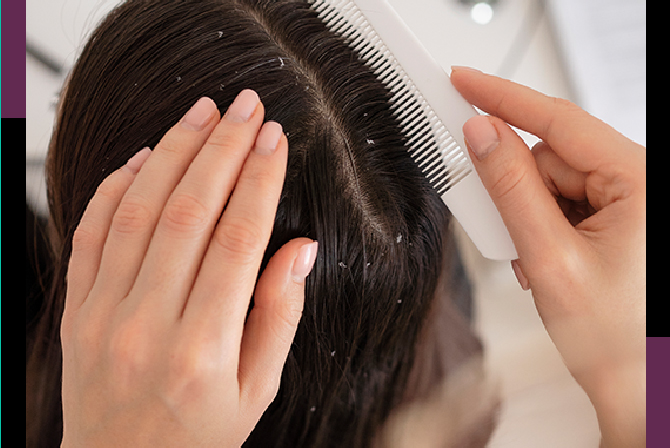
Dandruff is a common scalp condition characterized by flaking and itchiness. It can result from a variety of factors, such as dry skin, seborrheic dermatitis, fungal infections, or sensitivity to hair products. Treatments aim to reduce scalp inflammation, manage fungal growth, and prevent excessive flaking.
Dandruff Treatment Options
1. Medicated Shampoos
- Anti-fungal Shampoos (Ketoconazole) : Help treat dandruff caused by fungal infections (Malassezia). Available in both prescription and over-the-counter formulations.
- Selenium Sulfide Shampoos : Reduce scalp fungus and help slow down skin cell turnover. Should be used as directed to avoid discoloration of hair.
- Zinc Pyrithione Shampoos : Commonly used to reduce fungal growth and scalp inflammation.
- Coal Tar Shampoos : Help slow down the skin cell turnover rate. May cause discoloration or sensitivity to sunlight.
- Salicylic Acid Shampoos : Act as exfoliants, helping remove excess skin cells and reduce flaking.
2. Lifestyle and Home Remedies
- Regular Shampooing : Washing hair regularly with a gentle shampoo can help reduce oil buildup and prevent dandruff.
- Tea Tree Oil : This natural antifungal ingredient may help reduce dandruff. Can be added to regular shampoo or used in specialized products.
- Apple Cider Vinegar : Some people find that using apple cider vinegar as a scalp rinse helps reduce dandruff by balancing the scalp’s pH and inhibiting fungal growth.
- Coconut Oil : Moisturizes the scalp and has antifungal properties. Massaging it into the scalp and leaving it on for a few hours before washing may be beneficial.
3. Dietary Adjustments
- Balanced Diet : Ensuring proper intake of zinc, B vitamins, and essential fatty acids can support scalp health.
- Hydration : Staying well-hydrated helps keep the skin, including the scalp, in good condition.
4. Medical Treatments
- For severe or persistent dandruff, dermatologists may prescribe stronger antifungal treatments, topical corticosteroids, or medicated creams to reduce inflammation.
5. Avoiding Triggers
- Hair Products : Avoid harsh hair products, excessive styling, and products containing alcohol, which can dry the scalp.
- Stress Management : Since stress can exacerbate dandruff, practicing stress-reducing activities like yoga, meditation, or regular exercise can help.
Dandruff Treatment F&Q
Dandruff can be caused by dry skin, oily skin, fungal infections (especially Malassezia yeast), sensitivity to hair products, or certain skin conditions like seborrheic dermatitis or psoriasis.
Dandruff can be managed effectively, but it may not be completely cured. Regular treatment can help control symptoms and reduce flare-ups. Some people may experience recurrent dandruff, especially if they stop using medicated products.
Anti-dandruff shampoos contain active ingredients like zinc pyrithione, selenium sulfide, ketoconazole, or coal tar that help reduce fungus, inflammation, and excessive skin cell shedding on the scalp.
Start by using an anti-dandruff shampoo daily or every other day. Once symptoms improve, you can reduce the frequency to 2-3 times per week to maintain results. Follow the specific instructions on the product label.
Dandruff itself does not directly cause hair loss. However, excessive scratching due to itchiness can damage hair follicles and potentially contribute to hair loss. Treating the dandruff can help reduce this risk.
Some anti-dandruff shampoos can strip hair color or affect chemically treated hair. Look for formulations that are safe for colored or treated hair, or consult your hairstylist or dermatologist for recommendations.












